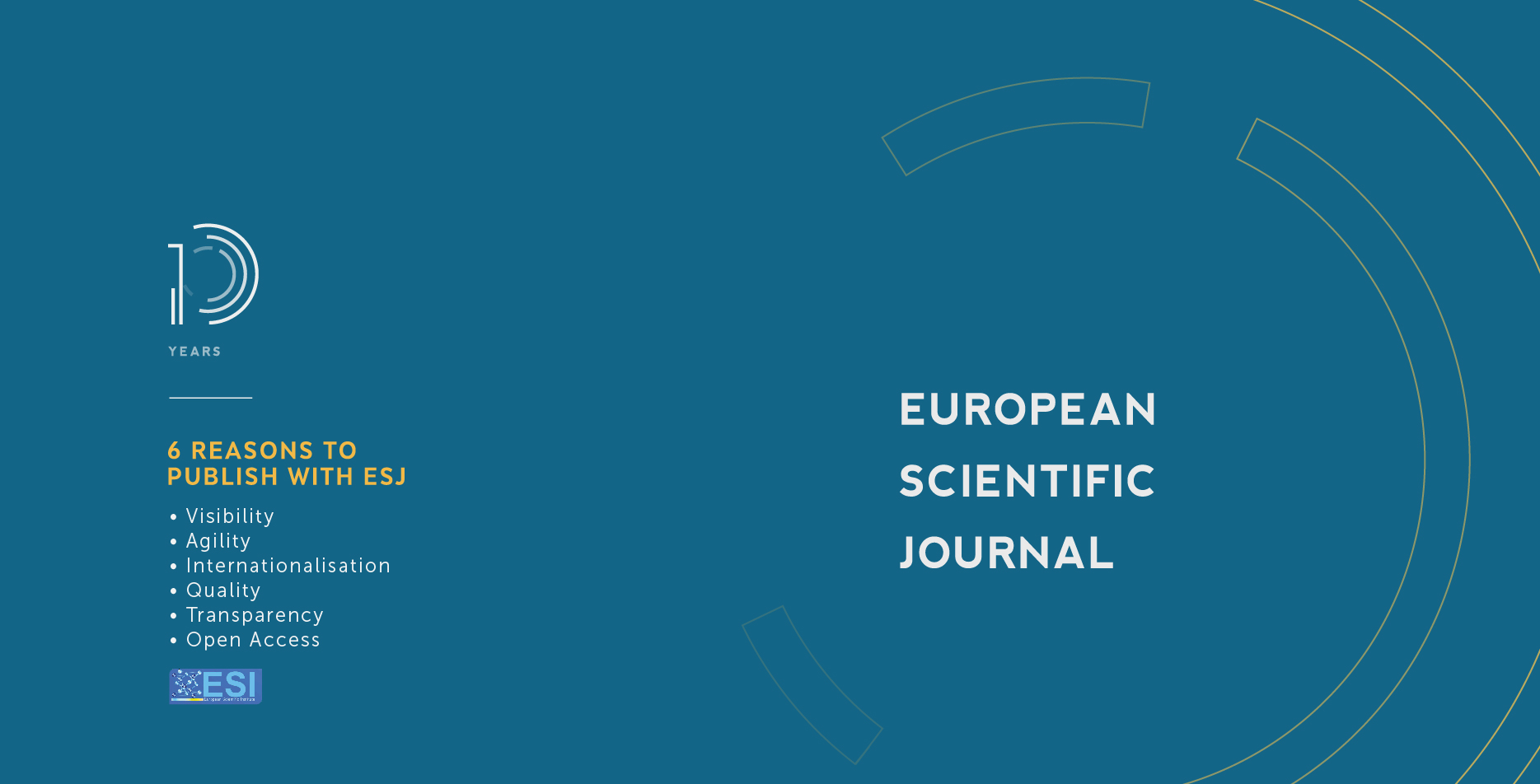Assessing Key Business-related Indicators for Smart Cities: Case of Tbilisi City
Abstract
“Smart City” concept has become more popular in recent years. High interest is derived from the need to implement smart solutions and address the challenges associated with rapid population growth in urban areas. This paper focuses on assessing key business-related indicators that measure Tbilisi performance towards the achievement of smart city solutions. Since there are hundreds of smart city indicators in the world, this paper only focuses on researching business environment (i.e., Smart Economy out of the six (6) smart city characteristics 5 ). The methodology used in this study was based on both theoretical and practical approach. Detailed analysis of scientific papers, especially World Bank (Doing Business) and World Economic Forum (Global Competitiveness Index) reports, made it possible to identify key businessrelated indicators. In-depth analysis revealed five (5) indicators 6 . At the next stage, comparative analysis of Tbilisi and Stockholm was conducted to assess growth rates for each identified ones. Using statistical and historical data study, research results provided the opportunity to elaborate assessment framework that proposed the methodology for assessing the above mentioned indicators. After the analysis (according to the methodology of elaborated assessment framework), the research shows that Tbilisi only fulfills two (2) business-related indicators out of the five (5) identified.
Downloads
PlumX Statistics
Copyright (c) 2020 Tamar Khakhishvili

This work is licensed under a Creative Commons Attribution-NonCommercial-NoDerivatives 4.0 International License.








